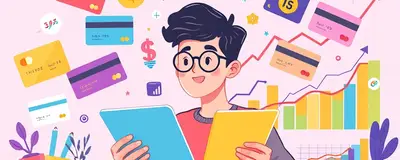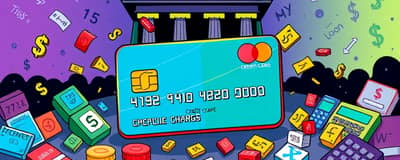First Credit Card Tips: Building Credit Wisely from Day One

Getting your first credit card is a significant milestone in your financial journey. It's not just about having a piece of plastic; it’s about learning how to use it wisely to build credit and establish financial stability. Below are tips to guide you through this important process, ensuring you make informed decisions from day one.
Understanding how to manage your credit effectively can lead to greater financial opportunities in the future, such as acquiring loans for a car or a home. This guide will help you navigate the key aspects of credit card use, from choosing the right card to monitoring your spending, so you can make the most out of your first credit experience.
Choosing the Right Card

Before you dive into the world of credit cards, take some time to research your options thoroughly. Not all credit cards are created equal, and what works for one person may not work for you. Consider factors such as fees, interest rates, and rewards programs when making your choice.
Many first-time cardholders can benefit from a secured credit card, which requires a cash deposit that typically serves as your credit limit. This can be a beneficial way to build credit with lower risk while you learn the ropes of managing a credit account.
- Look for cards with no annual fees.
- Consider cards that offer rewards for everyday purchases.
- Check for interest rates that fit your budget.
- Read reviews to understand user experiences.
By taking the time to choose the right credit card, you set yourself up for a positive credit-building experience.
Understand the Terms

It's essential to grasp the terms and conditions of your credit card before applying. The fine print often includes vital information that can affect your credit use and repayment strategy.
Understanding concepts such as APR (Annual Percentage Rate), minimum payments, and grace periods will help you avoid pitfalls that many new credit users encounter.
- Familiarize yourself with interest rates and how they apply to your purchases.
- Know the due date for payments to avoid late fees and interest charges.
- Learn about the consequences of missing payments or exceeding your credit limit.
By having a solid understanding of these terms, you can avoid common mistakes that could negatively impact your credit score and financial well-being.
Create a Budget

Creating a budget is a crucial step in managing your finances effectively. It allows you to plan for your expenses and ensures that you can pay off your credit card balance in full each month, helping you avoid interest charges.
By tracking your income and expenses, you can identify how much you can comfortably charge to your credit card without risking your financial stability.
Use Your Card Responsibly

Responsible credit card use is key to building good credit. This means using your card for necessary purchases and aiming to pay off your full balance each month to avoid debt.
Being responsible involves making informed decisions about when and how much to charge on your card. A disciplined approach will serve you well in the long run.
- Limit your purchases to what you can afford to pay off each month.
- Pay your balance in full to avoid interest charges.
- Only use your card for essential expenses to prevent overspending.
By adopting responsible habits now, you're laying a strong foundation for your credit history and score.
Set Up Automatic Payments
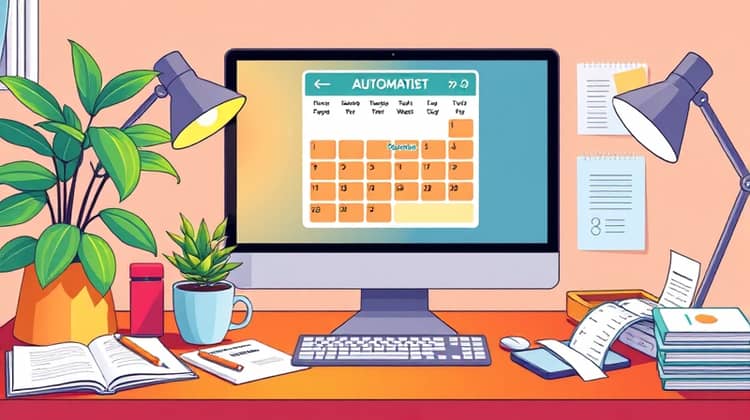
Setting up automatic payments can alleviate the stress of remembering due dates and ensure you never miss a payment. This strategy not only helps you build good credit but also avoids late fees and potential damage to your credit score.
You can usually set up automatic payments through your bank or directly with your credit card issuer, choosing to pay either the minimum, a fixed amount, or your full balance.
Monitor Your Spending
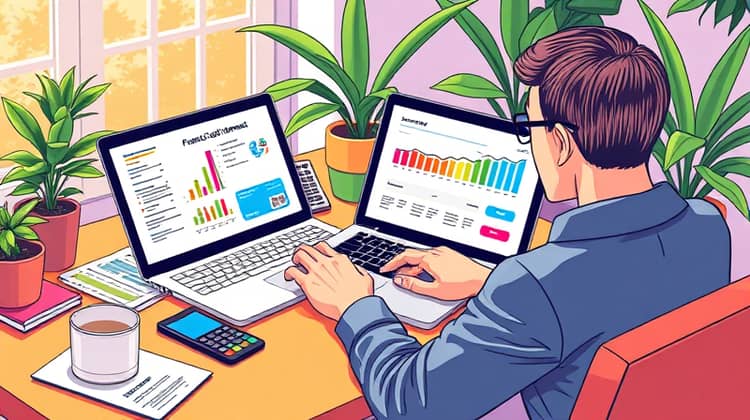
Regularly checking your credit card statement is crucial to keeping your finances in check. Monitoring your spending helps you to stay within your budget and prevents you from accumulating unnecessary debt.
Many banks offer online banking and mobile apps that notify you of spending activity; this can make it easier to keep tabs on your purchases and budget.
Avoid Cash Advances
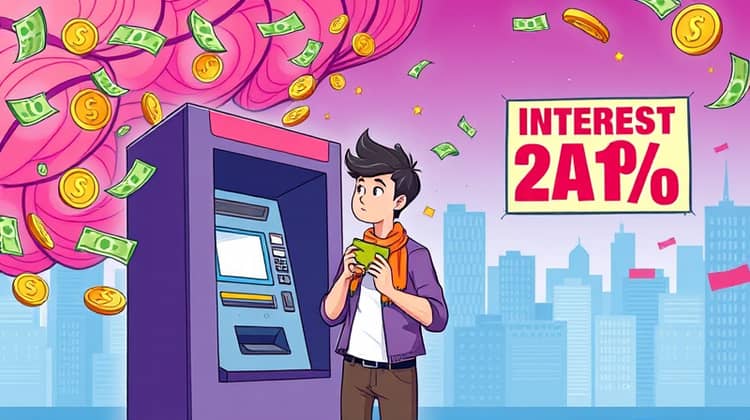
Cash advances may seem like a quick solution in a financial bind, but they often come with very high fees and interest rates that can quickly spiral out of control. It's best to avoid them altogether if possible.
Watch Out for Fees
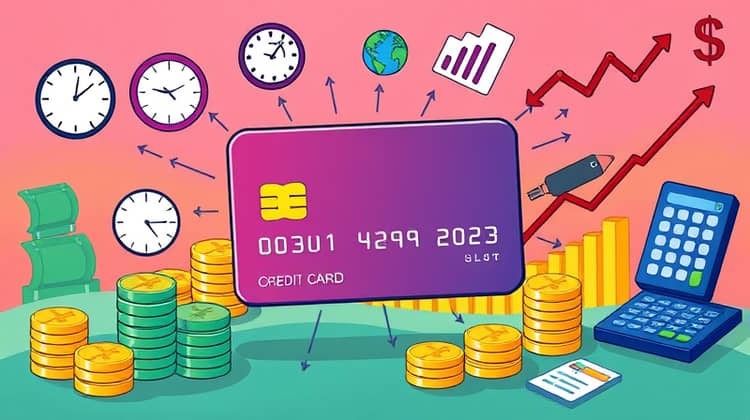
Many credit cards come with various fees, including late payment fees, foreign transaction fees, and balance transfer fees. Being aware of these can prevent surprises down the road. It's essential to read through your cardholder agreement carefully to understand what fees may apply.
Additionally, tracking these fees can help you choose credit cards with more favorable terms over time, allowing you to save money and maximize your benefits.
Keep Your Card Safe

Security should be a top priority when you possess a credit card. Keep your card information private and avoid sharing your card details unnecessarily to prevent fraud.
If you notice any unusual charges on your statement, report these to your issuer immediately. Prompt action can help protect your finances and maintain your credit standing.
- Store your credit card in a secure place when not in use.
- Be cautious about where you shop online; only use trusted websites.
- Regularly check your transactions for unauthorized charges.
By safeguarding your card, you’re not only protecting your finances but also your credit history.
Building Credit

Building a strong credit score is essential for your financial future. A good credit score can lead to better loan terms, lower interest rates, and even favorable insurance premiums. Your first credit card can be the foundation of this journey if used wisely.
Remember that credit scores are influenced by factors such as payment history, credit utilization, length of credit history, and types of credit used. Knowing how each aspect works will help you strategically improve your score over time.
Regularly checking your credit score can help you understand where you stand and what actions to take to improve it.
Know When to Upgrade

Once you are comfortable managing your first credit card, you may want to consider upgrading to a card with more benefits, such as travel rewards or cash back. Knowing when to make this switch is essential to ensure continued growth in your credit profile.




